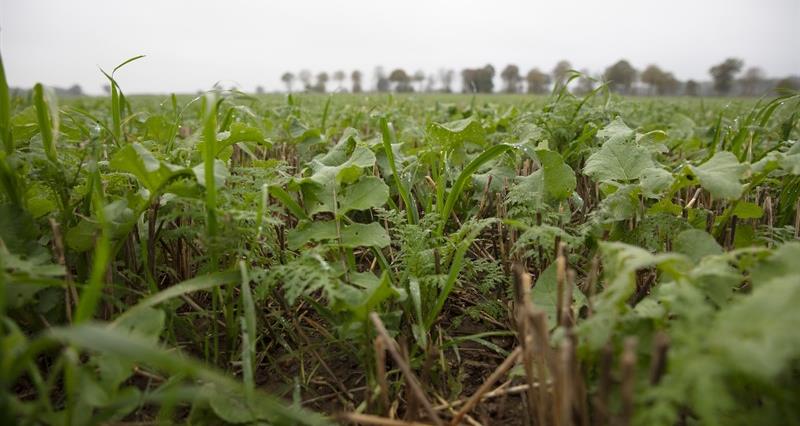The inclusion of the bill into law has resulted in a significant step forward for the potential role of new breeding technologies, such as gene editing, in boosting sustainability on English farms, improving products for consumers and increasing our food security.
The NFU was one of the signatories on an open statement of support of the bill, which was published by the All-Party Parliamentary Group on Science and Technology in Agriculture ahead of the Bill's second reading on 21 November 2022.
What can gene editing offer?
Biotechnology, such as gene editing has the potential to:
- Combat pest and disease pressures on crops and farm animals.
- Improve animal health and welfare.
- Increase crops’ resilience to extreme weather events, such as flooding and drought.
- Help farmers tackle climate change and aid biodiversity through more efficient use of resources, resulting in lower emissions, less waste, and more sustainable and profitable farming.
- Help in the development of foods with direct benefits to the public, such as increased nutritional value, maximised flavour and longer shelf life
- In order to successfully deliver these benefits for farmers, shoppers and the environment, the NFU is urging the government to ensure that new regulations are enabling and proportionate to the low levels of risk.
Find out more: What you need to know about gene editing in agriculture
Improved climate-friendly food production
NFU Vice President David Exwood said: “For more than two decades, we’ve advocated for the development of biotechnology within agriculture and horticulture, and for science to dictate the policy.
"I am delighted that, after working closely with Defra, the Food Standards Agency, parliamentarians, and industry partners to ensure the Bill’s smooth progress, it has passed its final hurdle.
“It’s important to note that the passage of the Bill is only the first step. As it is implemented through further legislation, regulations must be fit for purpose if it is to provide a meaningful boost to our food resilience and food security.”
NFU Vice President David Exwood
“Biotechnology is by no means a silver bullet, but having access to more targeted precision breeding tools for our crops and livestock could really help bolster climate-friendly food production and support biodiversity here in Britain.
“It’s important to note that the passage of the Bill is only the first step. As it is implemented through further legislation, regulations must be fit for purpose if it is to provide a meaningful boost to our food resilience and food security.”
More on gene editing:



